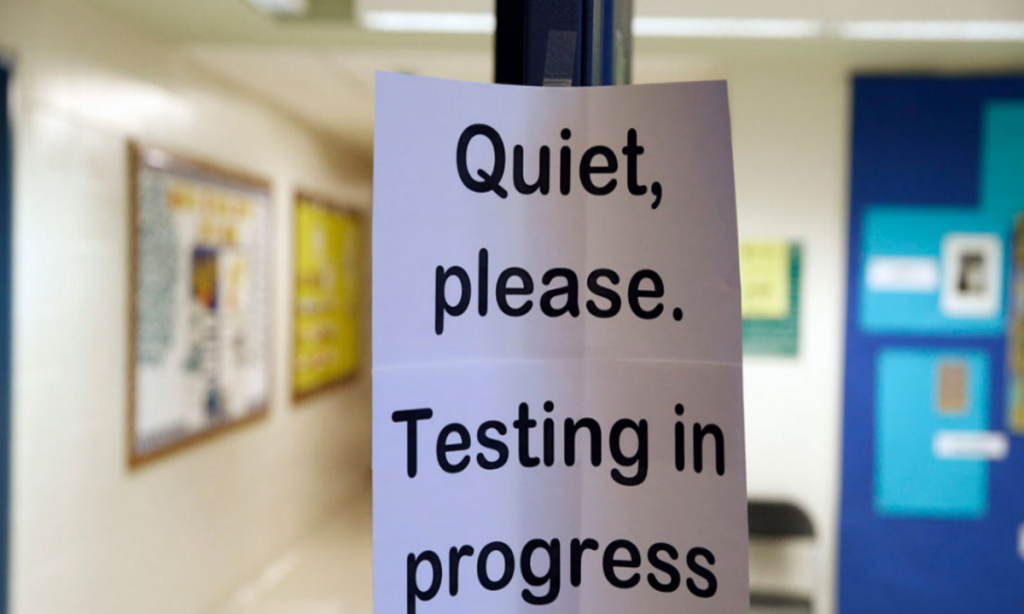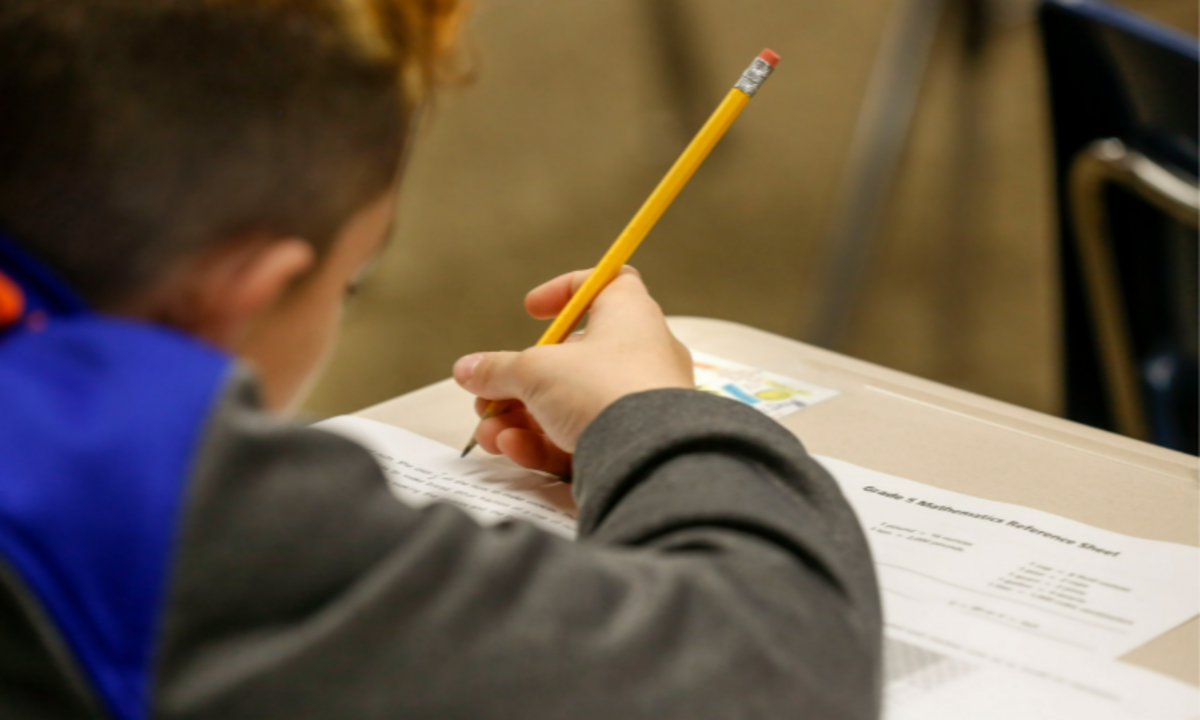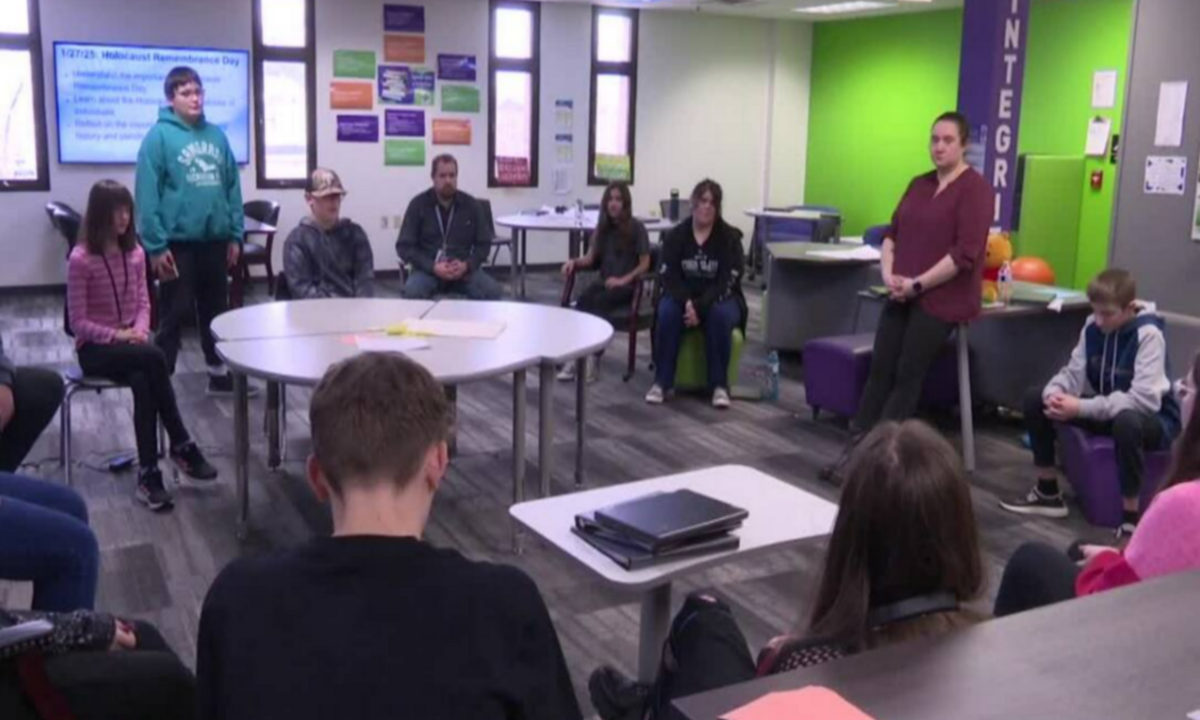New Jersey students are still struggling to return to pre-pandemic learning levels, according to the latest results from The Nation’s Report Card. The 2024 assessment shows little to no improvement in reading and math scores among fourth- and eighth-grade students compared to 2022, when the nation saw a historic drop in student achievement.
Despite efforts to close learning gaps, the report highlights significant disparities among students of different racial and economic backgrounds. Experts say urgent action is needed to reverse the trend and improve education outcomes for all students.
Minimal Progress in Reading and Math
The latest report reveals that students’ performance in reading and math has stagnated since the last assessment in 2022. Fourth- and eighth-grade scores remain below pre-pandemic levels, showing no significant improvement.
“We are not seeing the progress we need to regain the ground our students lost during the pandemic,” said Peggy G. Carr, Commissioner of the National Center for Education Statistics (NCES).
While some students have shown slight improvement in math, the report indicates that lower-performing students continue to struggle, especially in reading.
Understanding the Pandemic’s Impact on Students
The COVID-19 pandemic disrupted education across the country, forcing schools to shift to online learning. The fourth graders who took the 2024 test were in kindergarten when schools closed, a critical time for learning to read. Similarly, the eighth graders taking the test were in fourth grade when the pandemic began, missing essential classroom instruction.
The Nation’s Report Card, also known as the National Assessment of Educational Progress (NAEP), provides a nationally representative measure of student achievement. The data helps policymakers understand trends in education and develop strategies to support struggling students.
Reading Scores Show No Major Improvements
New Jersey students performed better than the national average in reading, but scores have not improved since 2022. Fourth-grade scores remain lower than in 2019, the last time the test was conducted before the pandemic.
Reading comprehension is a fundamental skill for academic success, affecting performance in subjects like science and social studies. Education experts warn that continued declines in reading scores could have long-term consequences for students’ futures.
To help students catch up, New Jersey has invested in reading programs, including high-impact tutoring for struggling third- and fourth-grade students. The state also passed a new literacy law requiring universal reading screenings for kindergarten through third grade and specialized teacher training.
However, despite these efforts, gaps in reading achievement between Black, Hispanic, and white students remain unchanged from 20 years ago. Economically disadvantaged students are also struggling to keep up, highlighting the need for targeted interventions.

Math Performance Still Below Pre-Pandemic Levels
In math, New Jersey’s eighth-grade students performed above the national average, while fourth graders matched the rest of the country. However, their scores remain lower than in 2019 and have not significantly changed since 2022.
The achievement gap in math is concerning. Black and Hispanic students scored significantly lower than white students, and economically disadvantaged students lagged behind their wealthier peers.
For example, among eighth graders:
Black students scored 37 points lower than white students.
Hispanic students scored 32 points lower than white students.
Economically disadvantaged students scored 36 points lower than their better-off peers.
These gaps have remained consistent for two decades, raising concerns about educational equity and access to quality instruction.
Statewide Efforts to Support Struggling Students
To address these challenges, New Jersey has launched several initiatives:
High-impact tutoring for students struggling in math and reading.
Additional funding for schools with high numbers of disadvantaged students.
The Office of Learning Equity and Academic Recovery, focused on closing achievement gaps.
Despite these efforts, experts say more needs to be done to ensure all students have access to high-quality education and the resources they need to succeed.
Looking Ahead: What’s Next for New Jersey Students?
With the latest report showing little progress, educators and policymakers face tough decisions about how to help students catch up. Some potential solutions include:
Expanding early literacy programs to help young students develop strong reading skills.
Increasing teacher training and support for struggling students.
Using personalized learning approaches to address individual student needs.
Strengthening community partnerships to provide additional resources for disadvantaged students.
The future of New Jersey’s education system depends on swift action to address these challenges. The state must continue investing in programs that help students recover from learning loss and close achievement gaps.
While the latest scores are discouraging, they also serve as a wake-up call—a reminder that more work is needed to ensure every student in New Jersey has the opportunity to succeed.
Disclaimer—Our team has checked this article to ensure its accuracy and eliminate any misinformation. We are committed to providing clear and reliable information for our readers.




